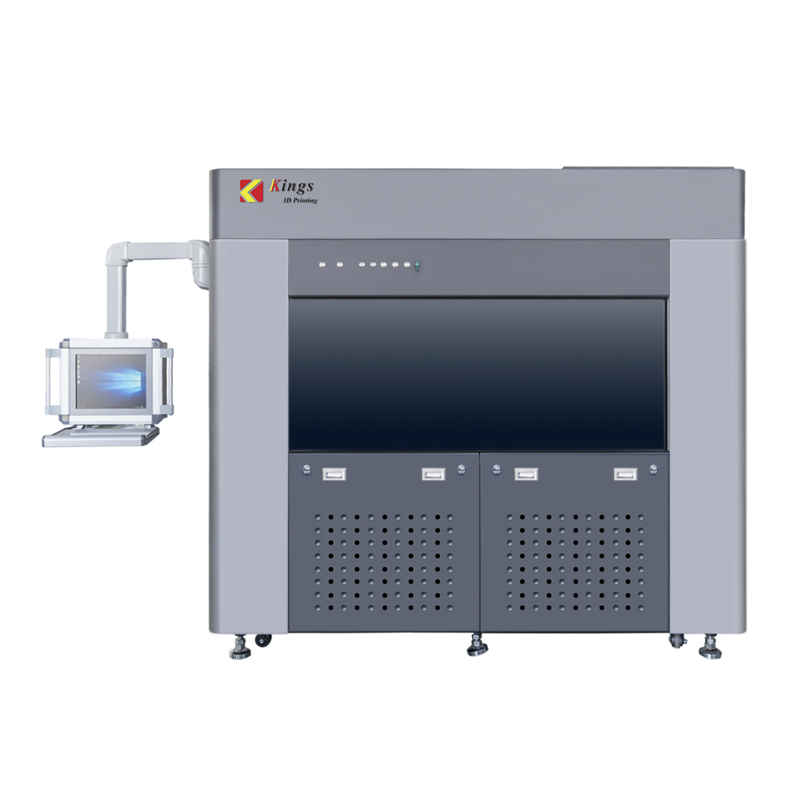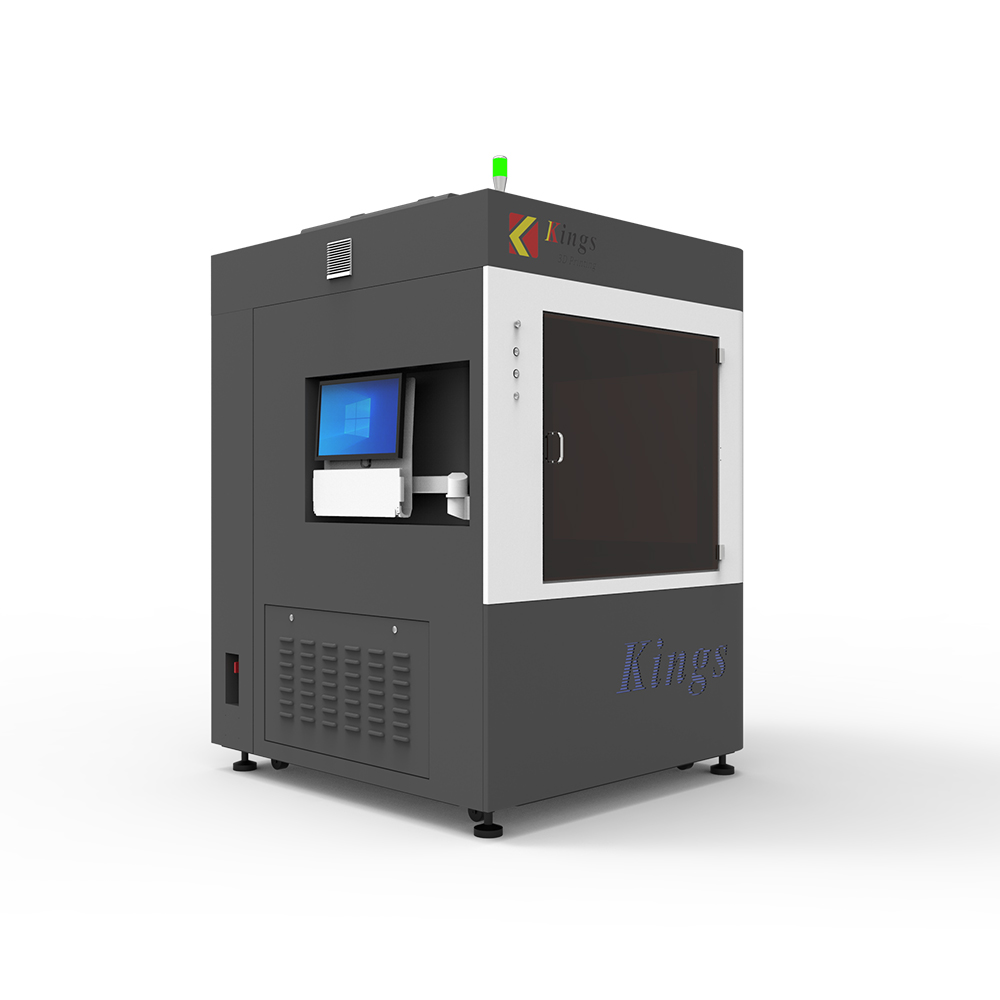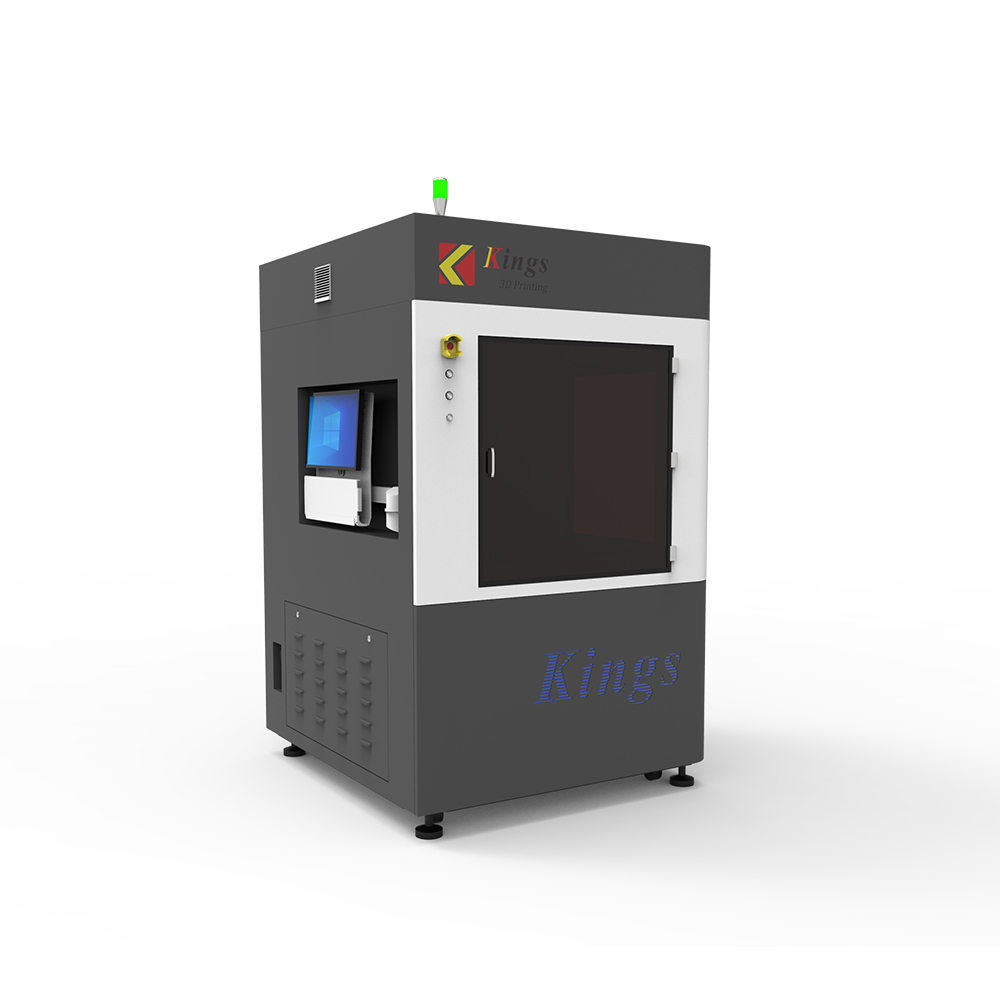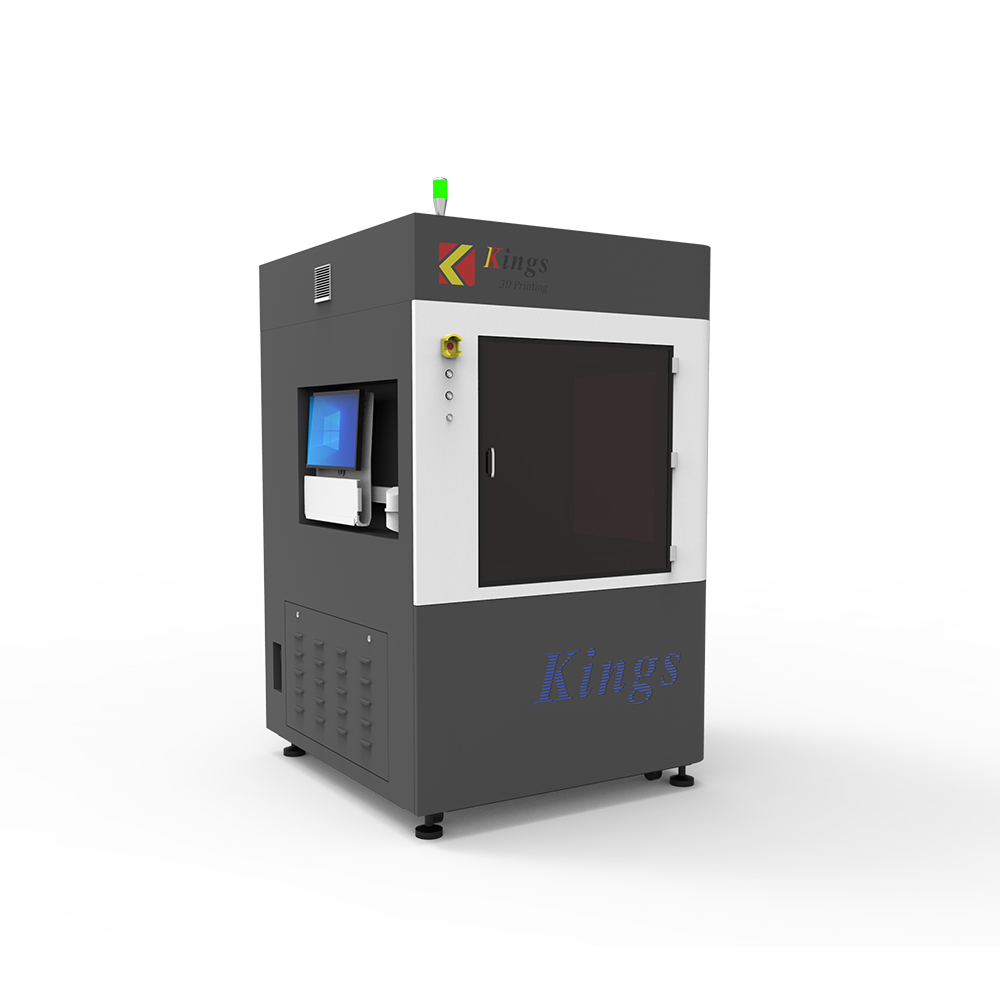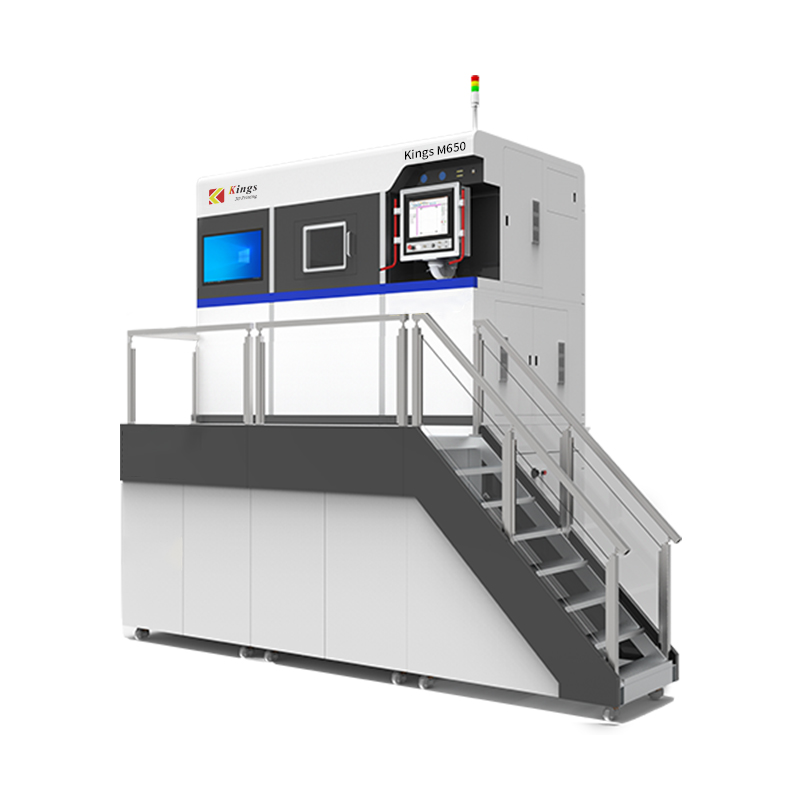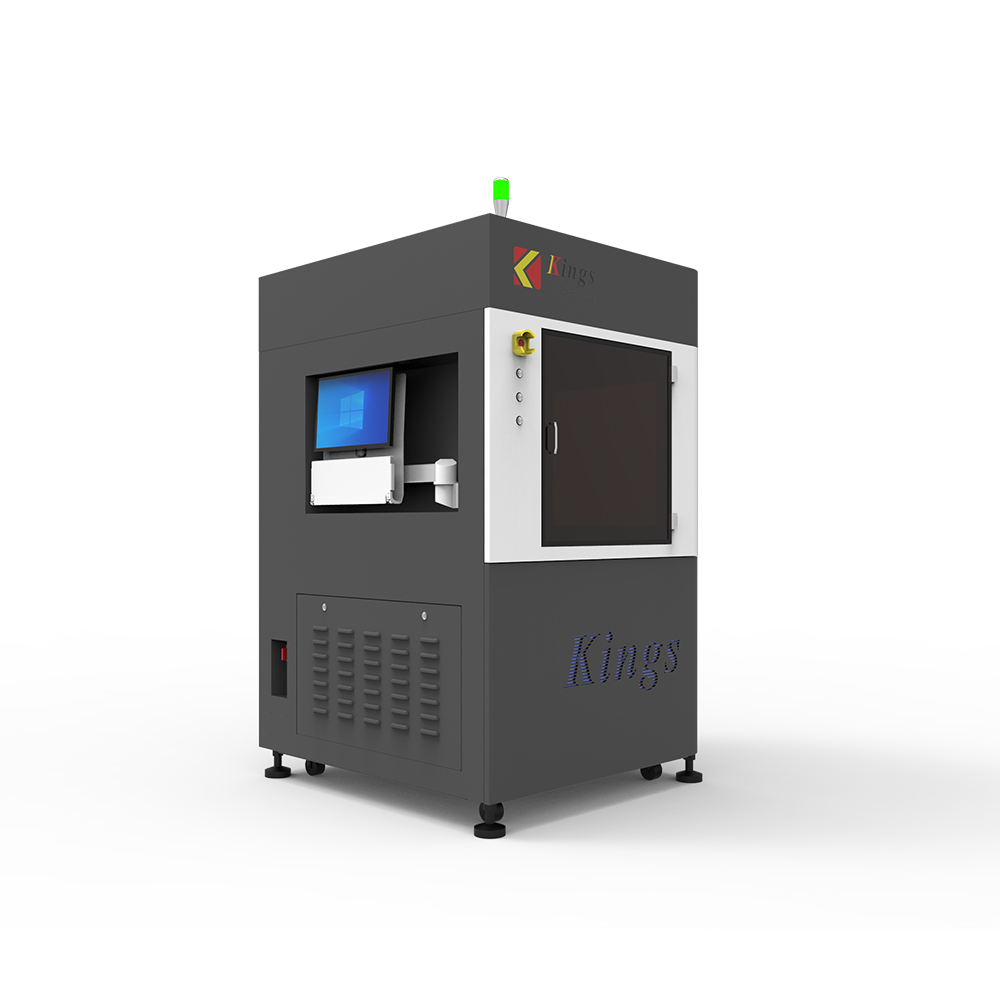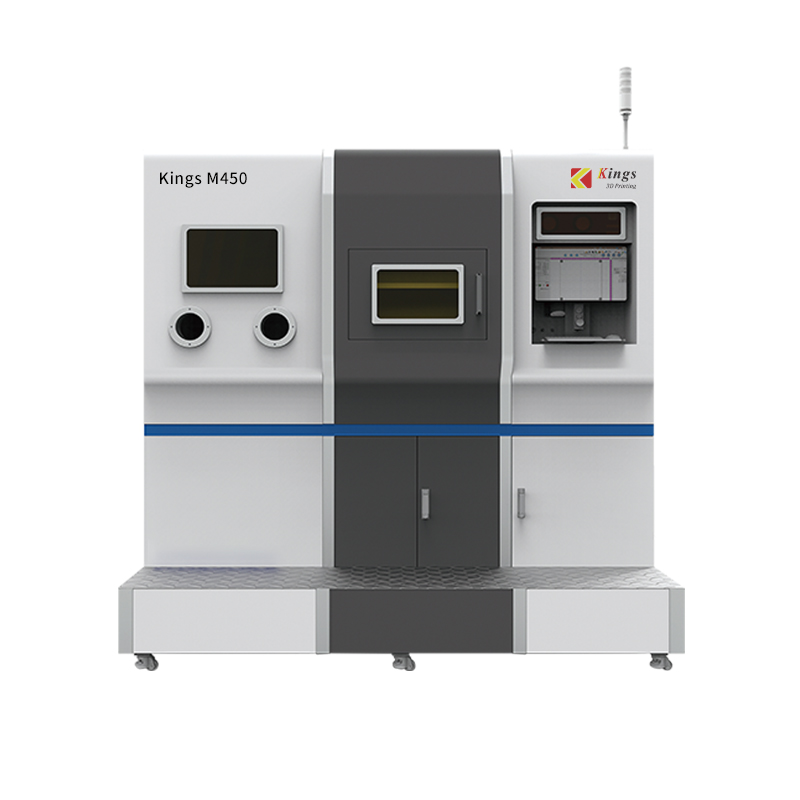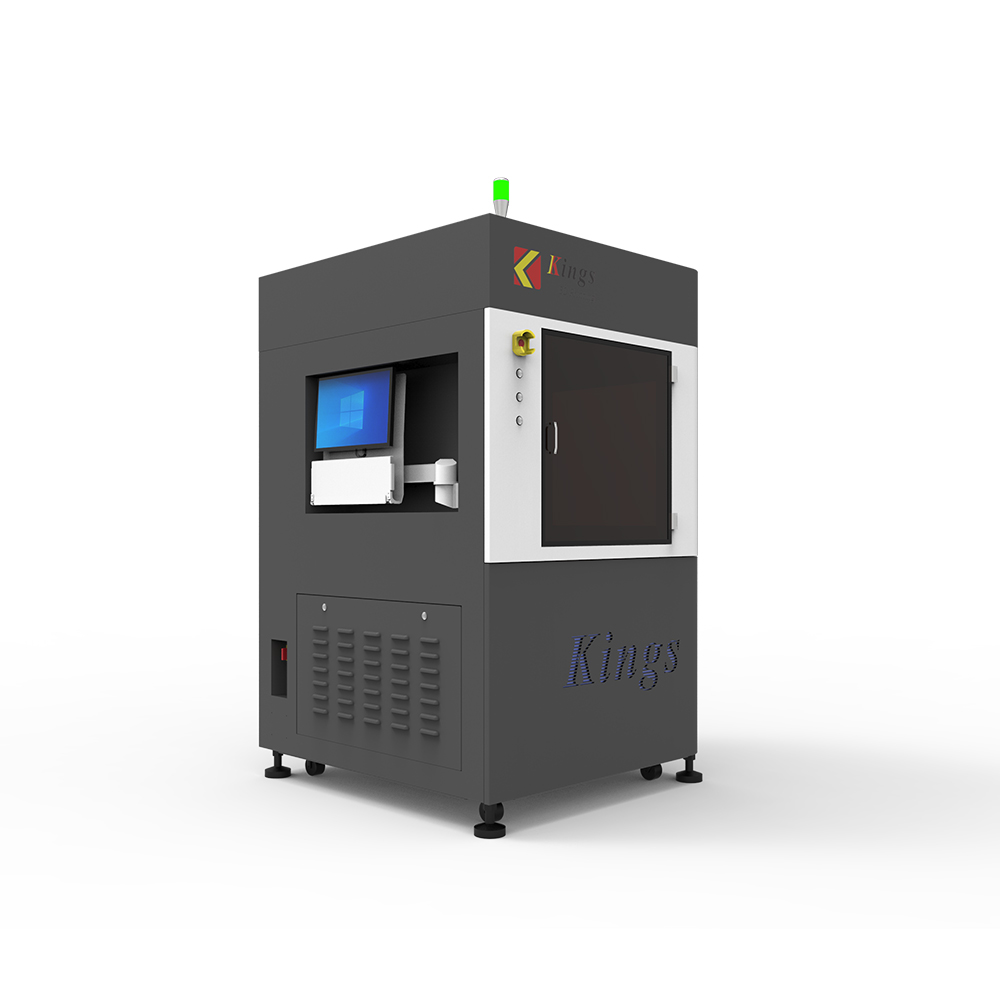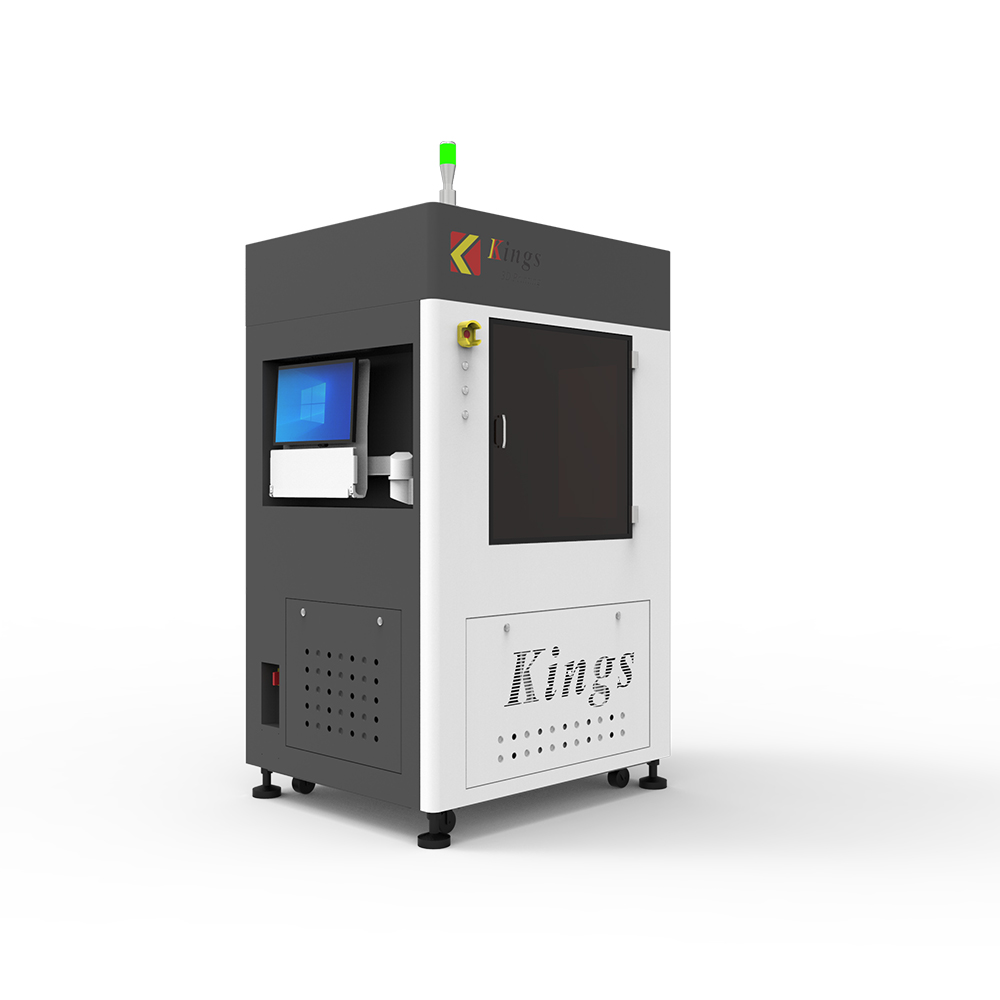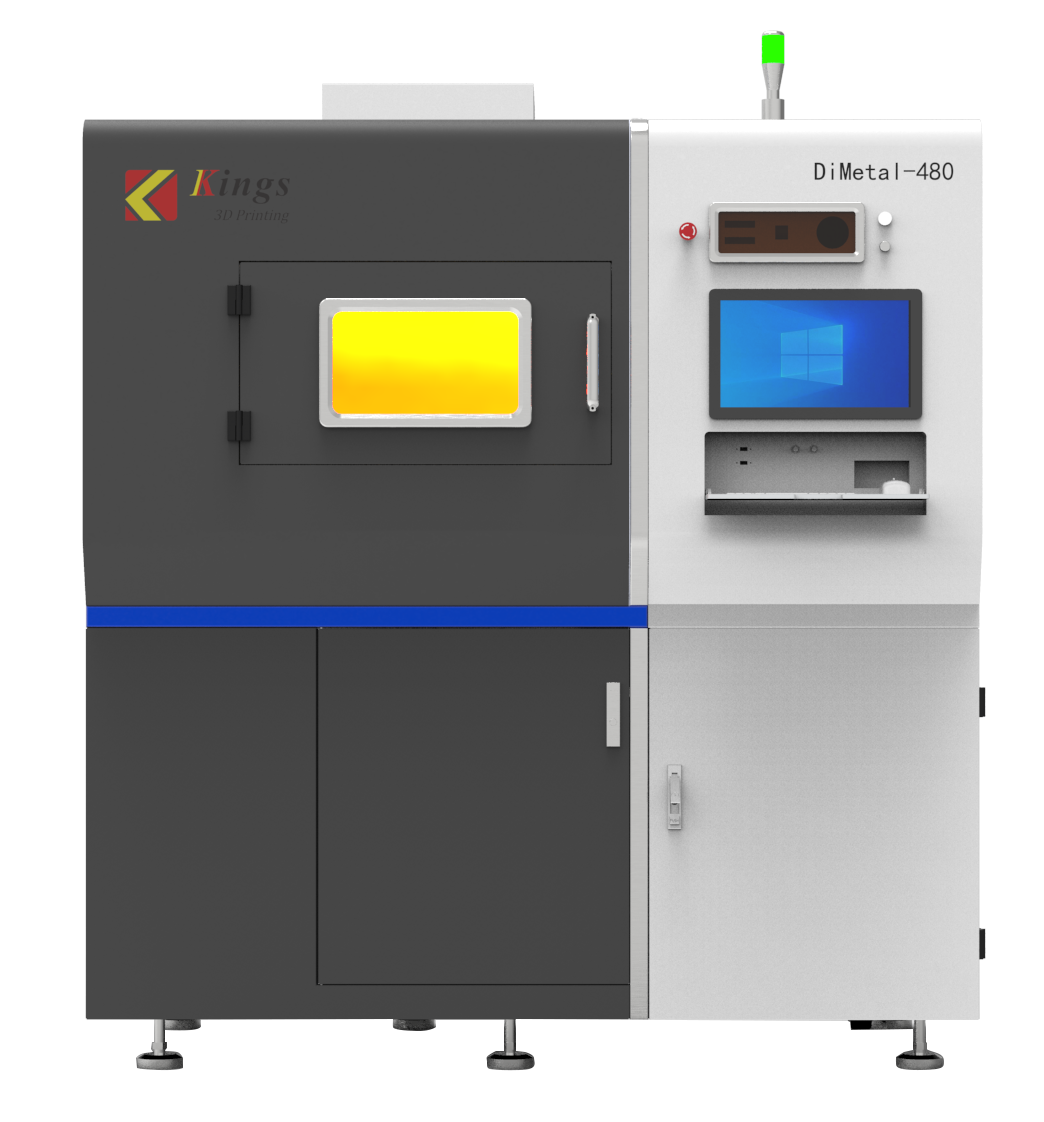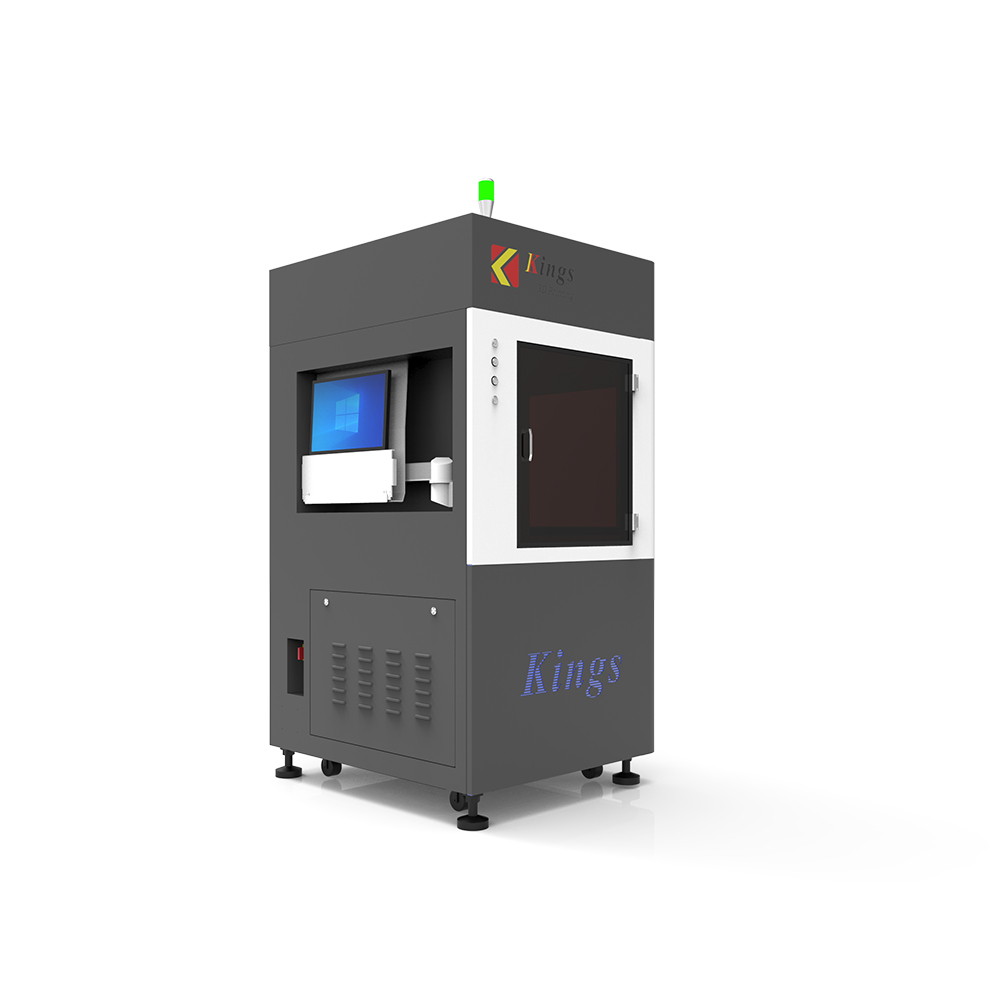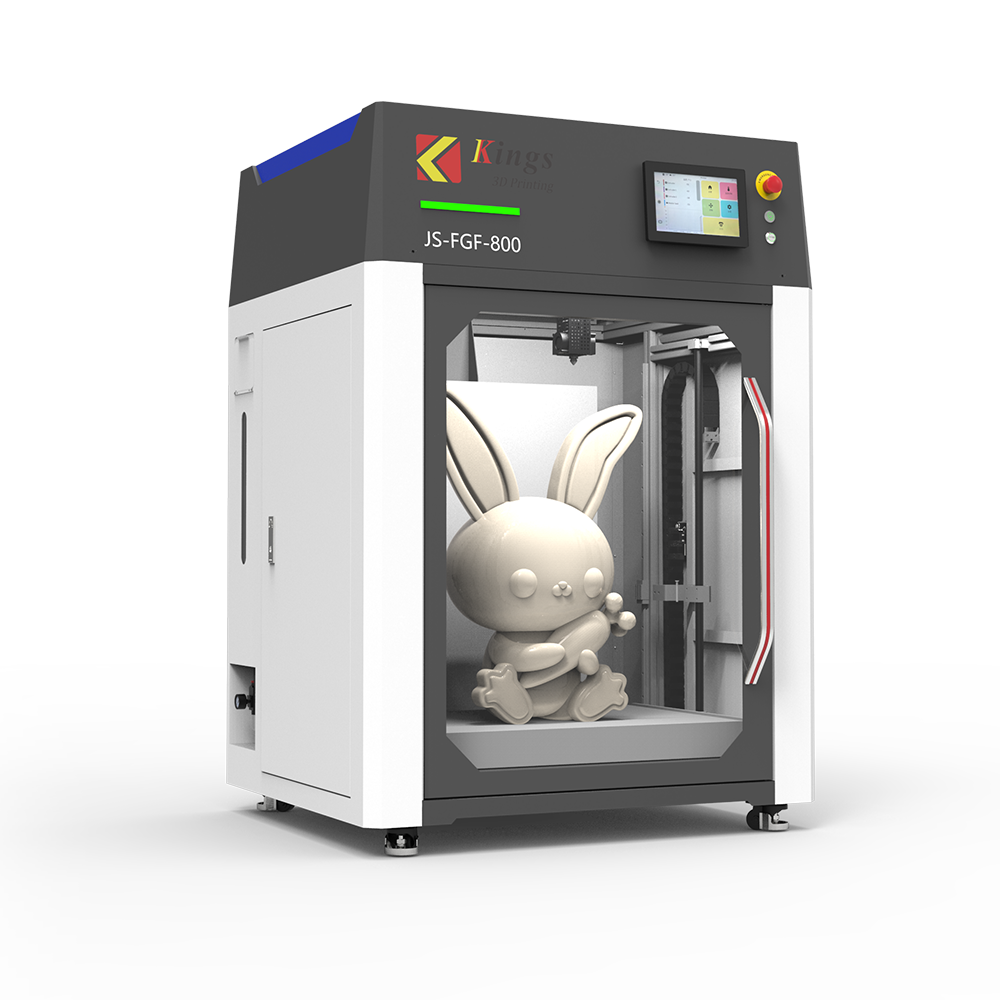Precision casting on burnt-out 3D printed models is one of the modern types of metal casting, where photopolymer resins and polymer filaments are used as materials for the production of master models. In this article, we will briefly consider the technology of casting on burnt-out models obtained using laser stereolithography (SLA) technology on 3D printers from Kings 3D.
Click HERE for the original article by Kings3D Russia.
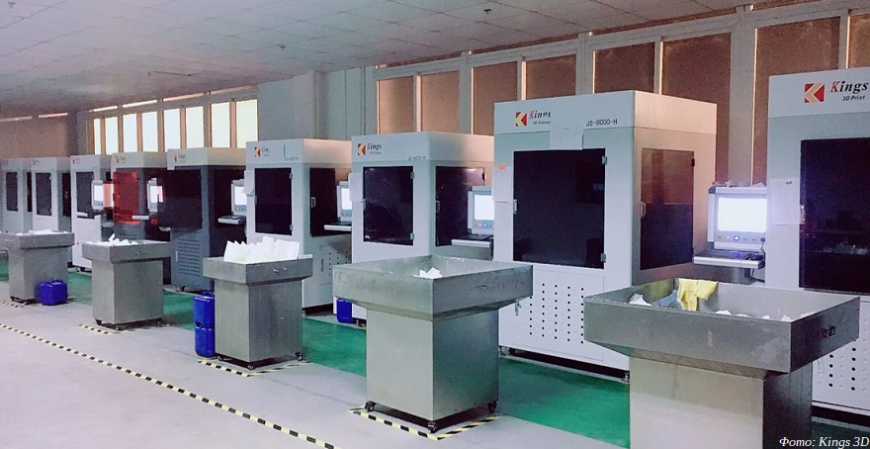
(The production facility of one of Kings 3D's customers in Xi'an, equipped with several dozen Kings 600 Pro large-format SLA 3D printers)
Casting using burnt-out 3D printed models allows you to produce castings without cores, drafts, fillets, and seams, with higher dimensional accuracy and reduced machining allowances compared to casting using polystyrene foam and wax models.
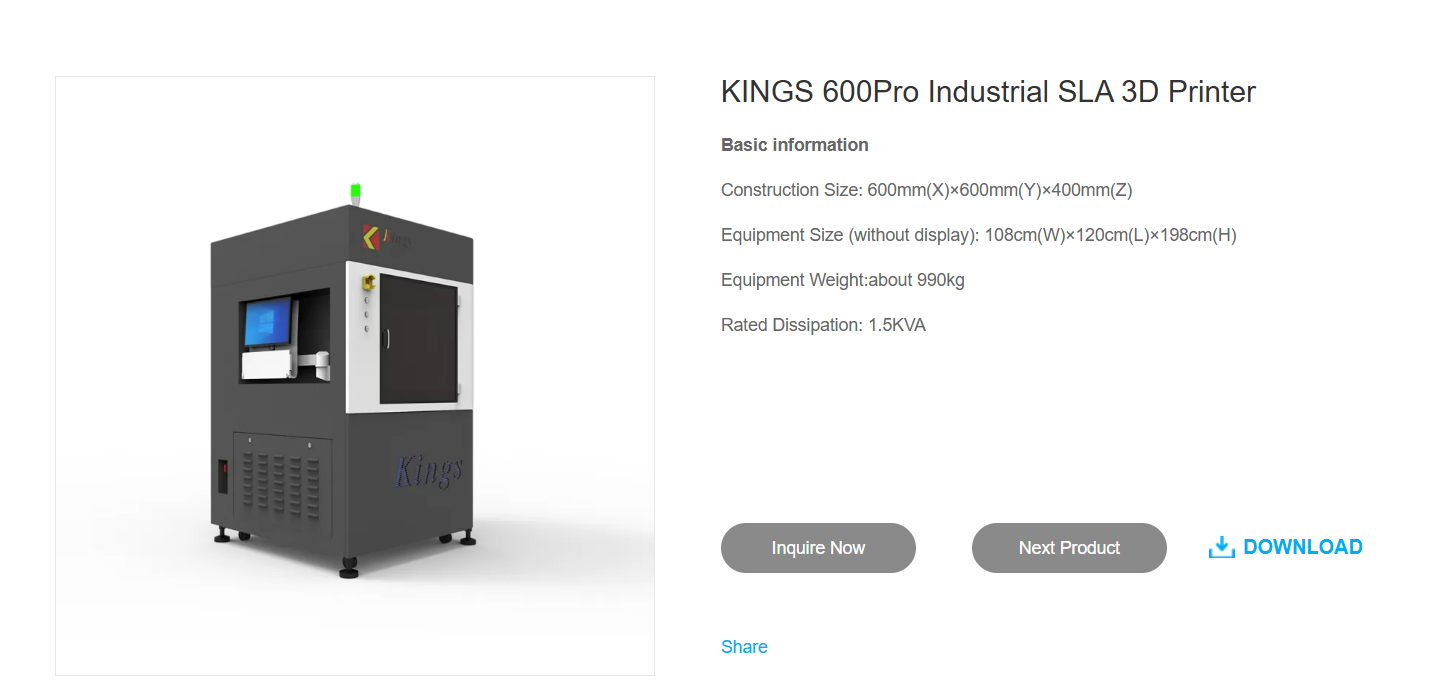
Industrial SLA 3D Printer Kings 600 Pro
This type of precision casting technology has been used for about ten years at a number of Russian enterprises in the aerospace, automotive, jewelry, and other industries.
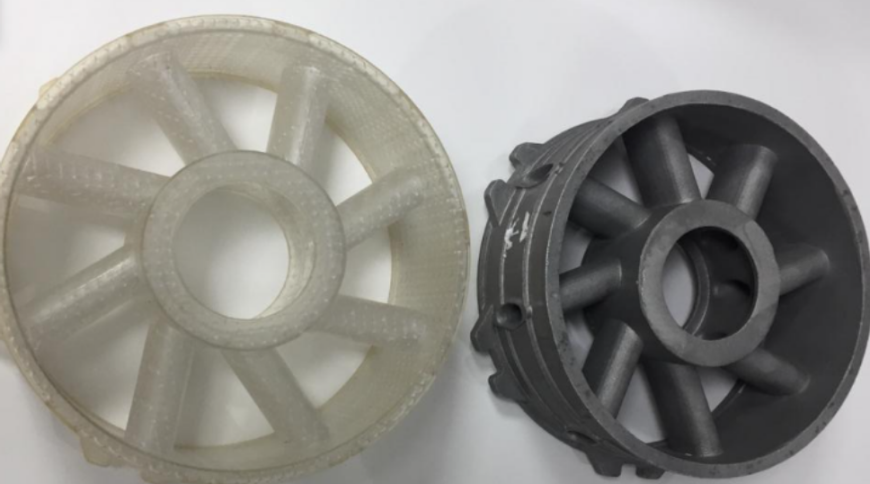
Previously, 3D printing of master models for large-scale casting was performed on SLA 3D printers from the USA; today they are being successfully replaced by additive equipment manufactured in China.
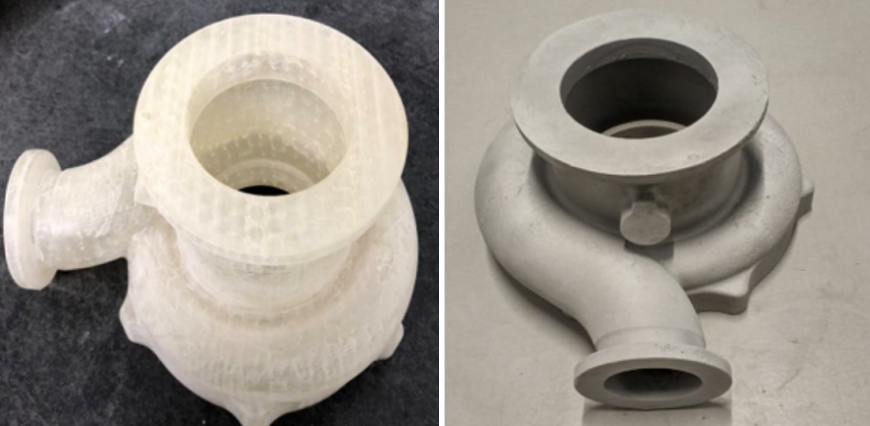
The use of casting on burnt-out 3D-printed photopolymer models allows for the optimization of production processes and the reduction of costs, including reducing the time required to obtain castings and produce finished products.
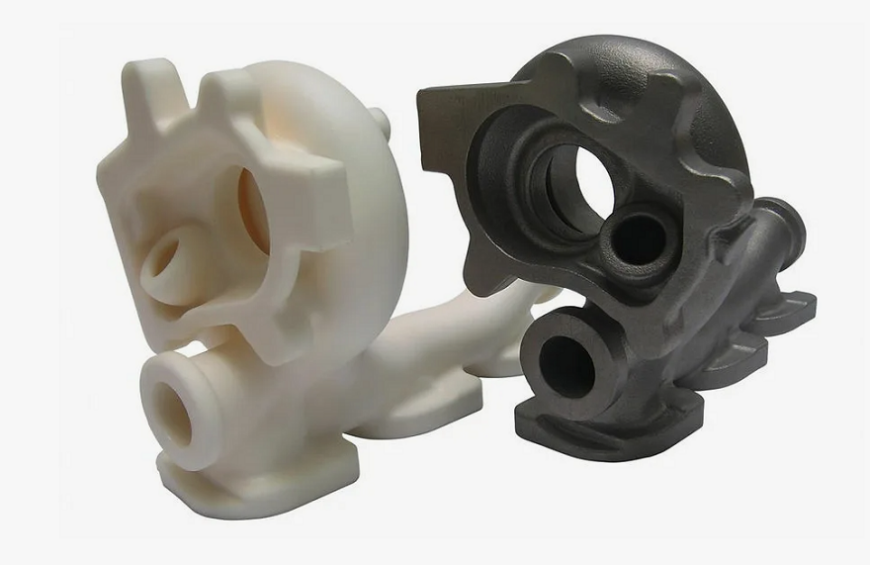
One of the main advantages of the technology is the ability to manufacture geometrically complex parts with high accuracy - up to 20 microns. In addition, photopolymer models have higher strength than wax or foam analogs, which is especially important in the production of large-sized products.
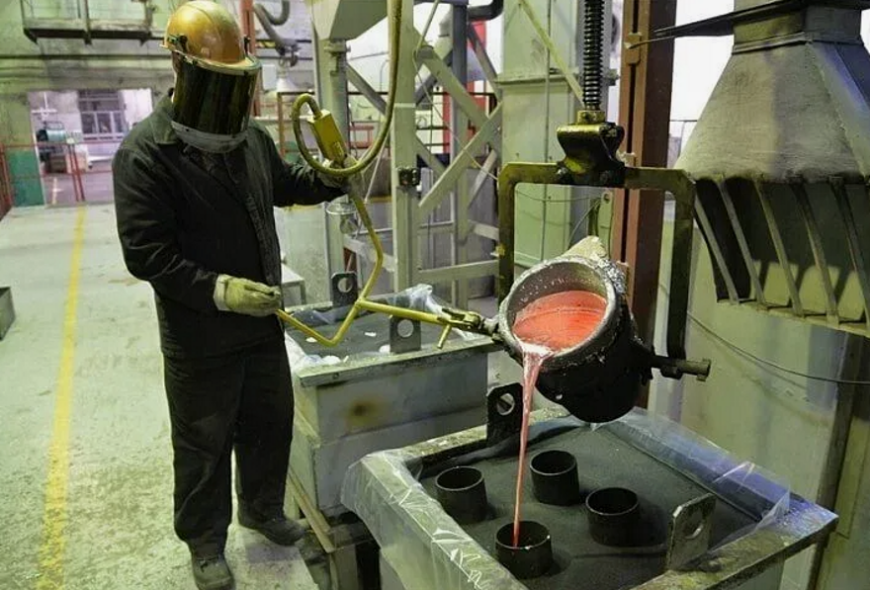
Casting from burnt 3D printed models is a more precise process than casting from wax and foam master models, making it better suited for industries such as aerospace, mechanical engineering, jewelry, and dentistry.
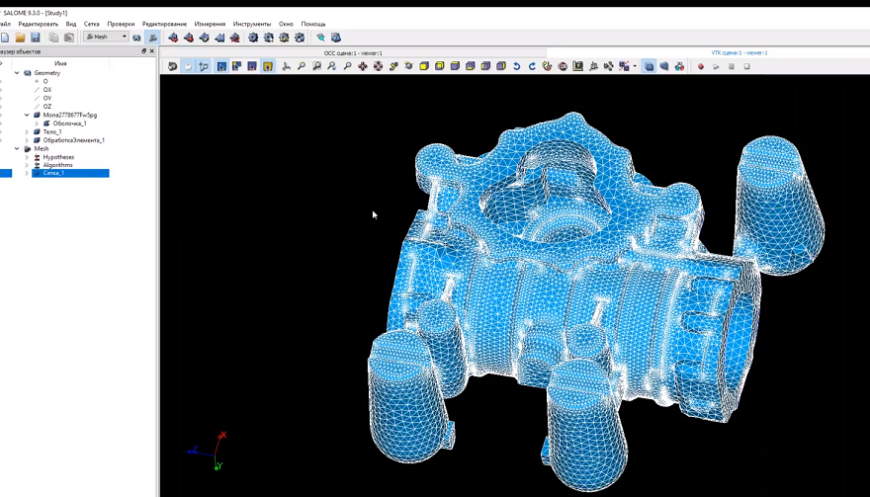
In preparation for casting, digital 3D models are created with lightweight, cellular internal structures, which reduce the consumption of photopolymer resin, shorten 3D printing time, avoid excessive internal pressure on the molds during burning, and reduce ash content.
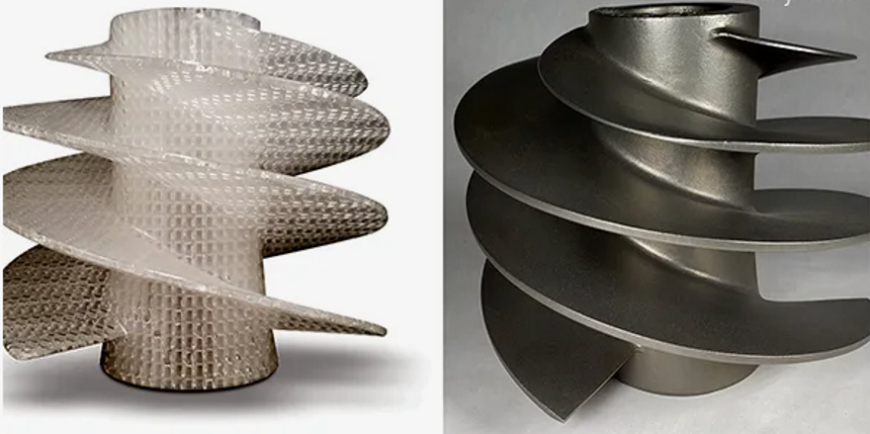
Advantages of precision casting using burnt 3D printed master models:
Reduced risk of damage to molds due to thermal expansion of models during the burning process.
High precision with low tolerances, reducing finishing post-processing costs.
Possibility of rapid production of individual and small-scale parts.
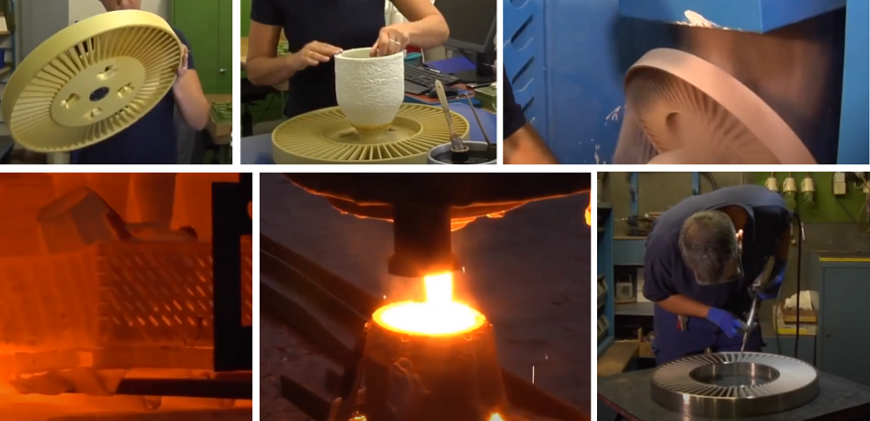
Application of Precision Casting in Reverse Engineering
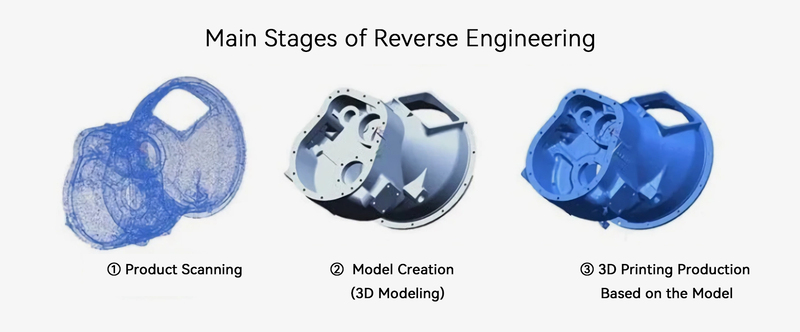
Due to sanctions, there are certain difficulties today with purchasing spare parts for equipment previously imported from the EU, Japan, and the USA. Having an original part, it can be reproduced using casting on burnt models.
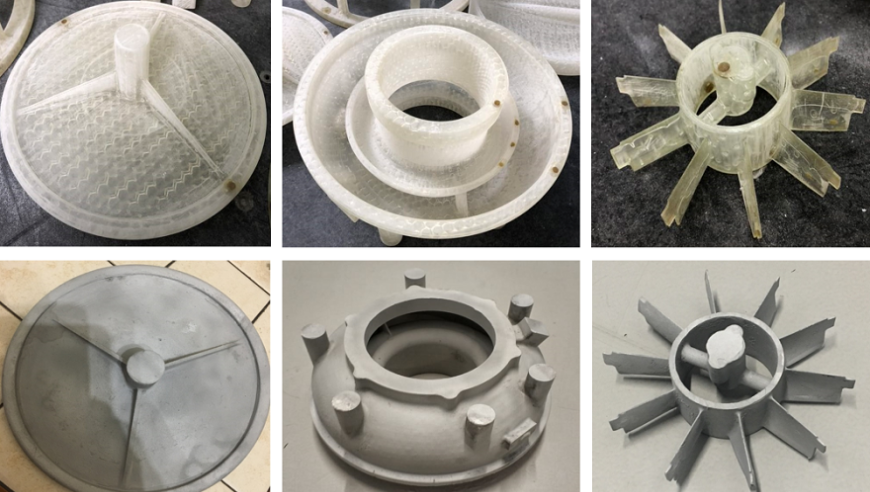
Main production stages:
3D scanning of the original sample and editing in CAD.
3D printing and post-processing of the master model.
Attaching sprues if they are not part of the master model.
Shell forming.
Burning out the master model and calcining the form.
Metal filling.
Removing the shell.
Finishing of metal casting.

The technology allows us to produce a variety of products with complex geometry – tracks, impellers, body parts, gears, and so on.
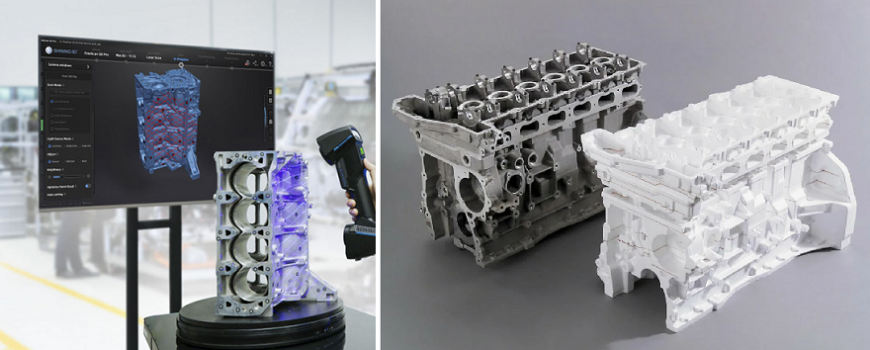
For advice on the capabilities of precision casting technology using burnt models and the selection of industrial additive equipment from Kings 3D, please contact us HERE!














